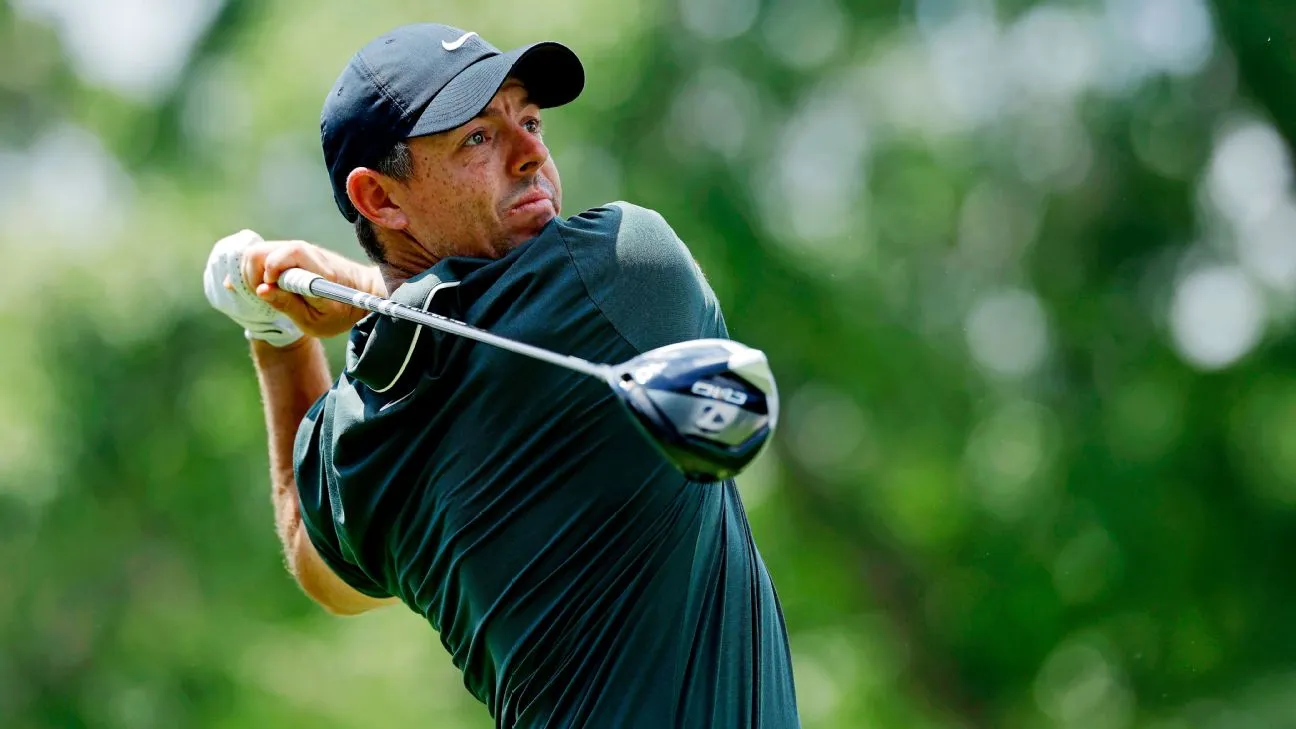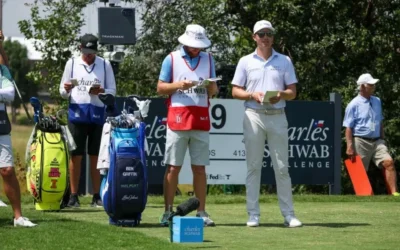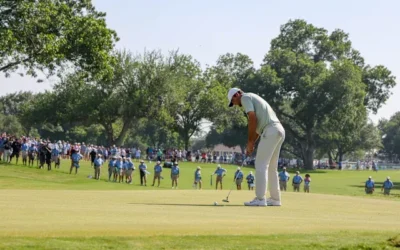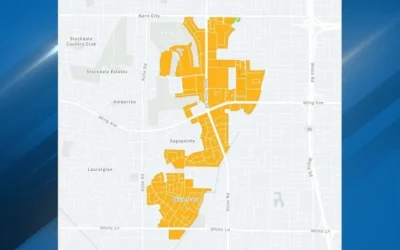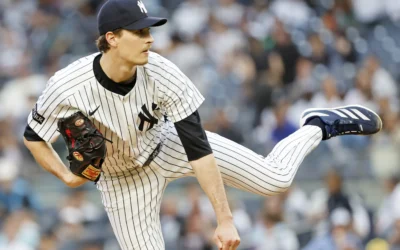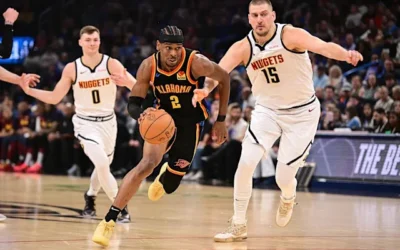Rory McIlroy, the Northern Irish golfer and reigning Masters champion, has recently announced that he will forgo participation in the upcoming Memorial Tournament. This marks a significant moment as it will be the first time McIlroy has missed this prestigious event since 2017.
The Memorial Tournament, founded by golfing legend Jack Nicklaus, is renowned for attracting the best players in the world and serving as a key stop on the PGA Tour. It is generally viewed as a barometer for golfers’ performance leading into the summer major championships, including the U.S. Open and The Open Championship. McIlroy’s absence is notable not only for the implications it has on his season but also for how it reflects the pressures professional athletes face.
McIlroy has expressed his intention to prioritize his mental and physical well-being, a decision he has highlighted throughout the year. In recent seasons, he has experienced ups and downs that have shaped his perspective on the demands of professional golf.
Background on Rory McIlroy
Since turning professional in 2007, McIlroy has established himself as one of the top players in the game. He has won four major championships, including the prestigious Masters Tournament earlier this year. Despite his success, 2023 has presented challenges for McIlroy that have influenced his decision-making regarding competitive play.
Following a series of inconsistent performances, McIlroy has been vocal about his struggles and the importance of taking time for himself. Early in the year, he had already opted out of the Farmers Insurance Open and the Saudi International, two events that typically attract a strong field. This latest decision to skip the Memorial Tournament marks the third significant event he will miss this year.
The Impact of Missing Signature Events
Signature tournaments like the Memorial hold considerable clout not only in terms of promotional visibility but also for the player’s career trajectory. The Memorial gives golfers the opportunity to earn crucial FedEx Cup points, as well as valuable experience on a challenging course that often reflects the conditions of major championships.
For fans and analysts, McIlroy’s absence raises questions regarding his current competitive mindset and performance trajectory heading into other significant tournaments. While his decision may be viewed unfavorably by some, it underscores a broader conversation about athlete wellness. The toll of the golfing calendar can be immense, with players often juggling demanding schedules alongside personal lives. For a player of McIlroy’s stature, the pressure is compounded by expectations from sponsors, fans, and the media.
Responding to Criticism and Understanding Player Priorities
McIlroy’s decision is not without scrutiny. Some critics argue that elite golfers should consistently participate in signature events, suggesting that any absence undermines not just the event itself but also the integrity of the sport. However, player priorities are profoundly personal, depending on various factors, including physical health, mental health, and career objectives.
McIlroy has addressed these criticisms, often referencing his need to be at his best both physically and mentally to contend for victories. He has also highlighted that the rigorous schedule of professional golf can often lead to burnout, a concern voiced by many players over recent years. Balancing the demands of competing at the highest level while managing personal health and relationships is a recurring theme among professional athletes.
Looking Forward: Future Events and Mounting Expectations
As McIlroy steps back to recalibrate, fans and analysts must wonder about his upcoming performances. The U.S. Open and other major championships await in the coming months. Historical data shows that players returning refreshed from breaks can often compete better than those who push through tough stretches of the season. However, it’s also crucial for McIlroy to find his rhythm to rebound effectively.
His immediate focus will likely remain on returning to form before the U.S. Open. A refreshed McIlroy could command the course, as he is known for his exceptional driving distance and accuracy. Moreover, the current golfing landscape features upcoming young talents challenging the established elite; McIlroy will need to confront these competitors head-on to reclaim his standing as one of the game’s best and brightest.
Conclusion: The Journey of Rory McIlroy
Rory McIlroy’s choice to skip the Memorial Tournament is emblematic of a golfer navigating the complexities of competitive sports at the highest levels. It reflects a mindful approach, prioritizing personal well-being in a high-pressure environment. As he turns his attention to future challenges, both fans and critics will closely follow his journey, eagerly anticipating his performance and hoping for a triumphant return to the game he loves. McIlroy’s path underscores the importance of balance in a golfer’s life, particularly for someone who has tasted success yet experiences the relentless demands of public expectations.
Ultimately, Rory McIlroy’s career is a testament to resilience, passion, and the ongoing pursuit of excellence in sport. His absence from the Memorial is a minor chapter in an ongoing story, one that will continue to resonate in the world of golf.

